Compartmentalisation – Ensuring security of supply
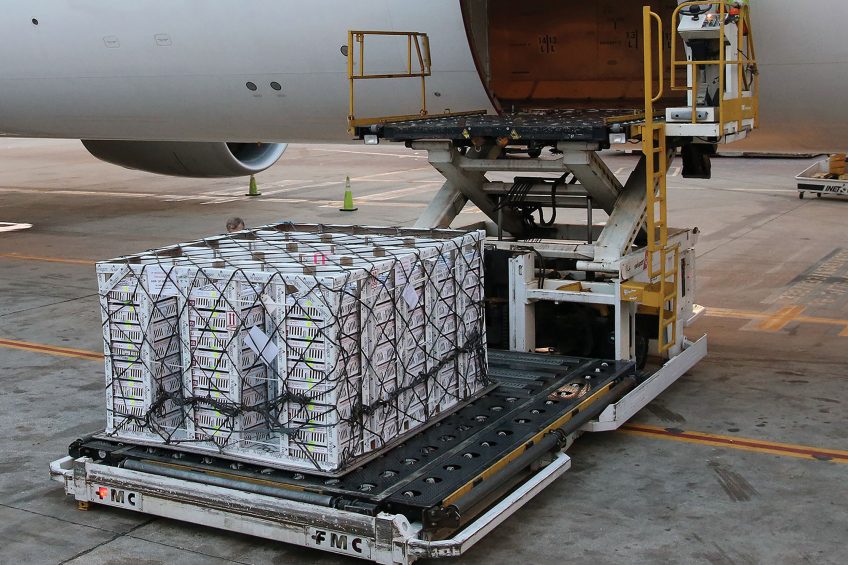
Ensuring security of supply to provide food for a growing population is a key priority for the global poultry industry. In times of consistent and increasing disease threats such as Avian Influenza (AI), it is of paramount importance for all involved in the production, import and export process to make use of tools such as compartmentalisation.
In an exclusive interview, Aviagen Group’s Director of Global Health Monitoring, Bill Stanley, offers his insight into the concept of compartmentalisation and explains its benefits to ensuring a safe and secure supply of poultry breeding stock. Mr Stanley is widely recognised as a compartmentalisation and AI expert and was pivotal in obtaining compartment certification for Aviagen operations in the UK and US.
What is Compartmentalisation and how does it aid secure supply?
The concept of compartmentalisation was introduced by the World Organisation for Animal Health (OIE) to alleviate restrictions on international trade that are imposed when a case of an exotic disease is confirmed in an exporting country. Compartmentalisation is a means to facilitate export of chicks and eggs from approved farms (i.e. a compartment) in the event of an exotic disease (in this case AI or Newcastle Disease (ND)).
As outlined by the OIE Animal Health terrestrial code, “Compartmentalisation applies to an animal subpopulation defined primarily by management and husbandry practices related to biosecurity.” Compartmentalisation provides a great solution to secure continued export of poultry breeding stock where regionalisation is not accepted by an importing country or is too restrictive and when country freedom is not available.
What is the difference between compartmentalisation and regionalisation?
Compartmentalisation is an alternative, not a substitute for regionalisation (or zoning as it is often referred to). Both are important tools for international trade purposes.
As outlined by the OIE Animal Health terrestrial code, “Zoning applies to an animal subpopulation defined primarily by a geographical basis (using natural, artificial or legal boundaries).” In other words, regionalisation is a geographical separation, whereas compartmentalisation is separation by common management and biosecurity measures.
When does compartment status take effect in any given country
Compartmentalisation only comes into effect and remains active during notifiable disease outbreaks.
How does compartmentalisation benefit the entire supply chain?
In regard to primary breeder poultry compartments, importing countries will have a high degree of confidence in the health status of imported stock, as stringent biosecurity programmes are sanctioned and audited by government veterinarians.
Because high-generation breeding stock comes from a limited supply base, it is crucial to the whole supply chain to have a way to secure smooth and uninterrupted trade solutions. Compartmentalisation provides this solution.
Where has Aviagen already gained compartment status?
Our main priority was to secure compartment status in the UK and US as these locations are home to our 2 pedigree breeding programmes and our high-generation poultry breeding stock. Exports to customers in more than 100 countries worldwide originate from the UK and the US, so it is crucial to take every measure to be able to assure continued supply. Now, with compartmentalisation, we have a mechanism to ship our birds without interruption to poultry producers throughout the continents to countries that have accepted compartmentalisation and amended their import documentation accordingly.
Aviagen has worked for many years to set high standards of biosecurity, and achieving compartment status in these locations recognises what we do every day.

Could you explain a little more about the Aviagen UK and US compartments?
In April of 2011, Aviagen in the UK became the first breeding company to achieve compartment status globally. The UK operates under a programme known as the GB Enhanced Standard, which was created by close collaboration between the UK government (DEFRA) and the UK primary breeding companies. Designed specifically for high-generation poultry breeding stock, the GB Enhanced Standard meets both OIE and EU requirements, and covers AI and ND.
Likewise, in October 2017, Aviagen made its mark as the first poultry breeding company in the US to be certified as a clean compartment.The US follows the United States Department of Agriculture (USDA) Animal and Plant Health Inspection Service (APHIS) National Poultry Improvement Plan (NPIP). In the US, the NPIP established the programme to set standards for protection against AI in primary poultry breeding companies using the OIE programme as a benchmark. The biosecurity programme and facilities of the breeding company are audited and certified by USDA APHIS Veterinary Services.
What do importing countries need to do to make full use of the benefits of compartmentalisation?
Gaining compartment status on the part of the exporting country represents only one chapter of the potential success story: To achieve benefits from compartmentalisation, buy-in from importing countries is essential. The importing country’s government officials must accept the principle and take necessary actions.
As a first step, importing countries need to add the OIE standard paragraph or a similar statement to their export health certificate for compartmentalisation.
Success requires government-to-government negotiation between the exporting and importing countries to accept how compartmentalisation could be used during a notifiable disease outbreak.To ensure recognition of compartmentalisation, it is vital for everyone in the poultry supply chain to act and make a difference. Poultry farmers, producers, distributors and all other importers can start the dialogue with government officials today, educating them and persuading them of the benefits of compartments.

Do you have any examples of compartmentalisation in action?
Our compartment status in the UK has already been tried and tested with successful shipments to South Africa and Japan. The first exports took place under the GB Enhanced Standard to South Africa when the UK was affected by an AI outbreak in 2015. In early 2017, during another AI incident, we delivered 2 shipments under our poultry compartment status to long-standing Ross grandparent stock (GP) distributor Nippon Chunky, ensuring a secure supply of poultry breeding stock to the Japanese market.
These examples truly showed compartmentalisation in action as an important strategy for Aviagen to meet our core business commitment of supplying breeding stock around the world. Our customers were also able to continue uninterrupted production, thus helping to provide chicken meat to feed an ever-increasing global population.
Where do we go from here?
To ensure security of supply on a greater scale, we need to widen the net of countries accepting the concept of compartmentalisation. Unfortunately, AI is not going away and compartmentalisation is a proven mechanism for continuous supply.
The compartment concept is currently generating far-sweeping interest from government health officials, which means the time is ripe to wave the flag of compartmentalisation.
We can all play a part in lobbying and convincing them that compartments are a safe and secure option. In line with Aviagen’s ‘global reach, local touch’ business approach, we have global and local specialists on hand in every region to provide information and help with negotiations, so feel free to reach out to them and take advantage of their expertise.
If we all work together we can make certain the right systems are in place, should AI strike, to ensure security of supply of breeding stock for all countries involved.
Learn more by watching this extended interview with Bill Stanley.
Join 31,000+ subscribers
Subscribe to our newsletter to stay updated about all the need-to-know content in the poultry sector, three times a week. Beheer
Beheer
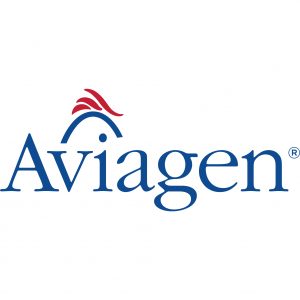

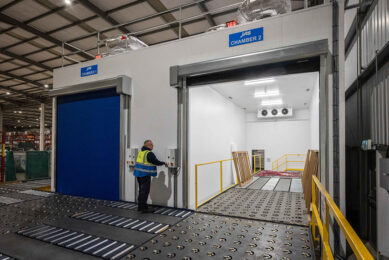
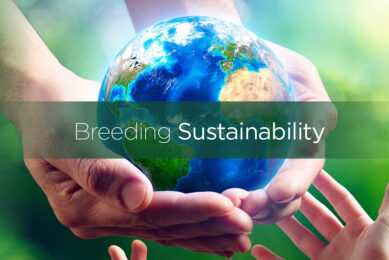
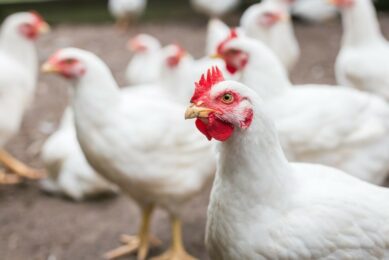
 WP Admin
WP Admin  Bewerk bericht
Bewerk bericht